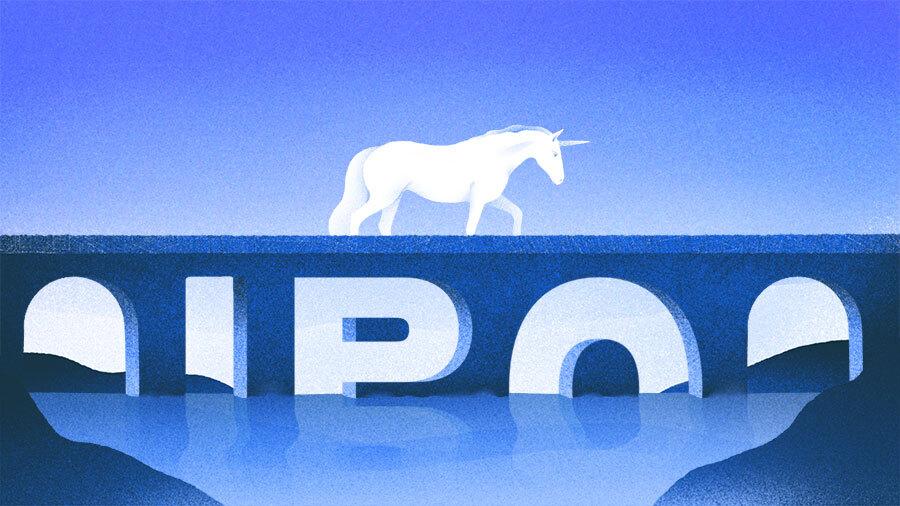Shares of design software provider Figma soared 250% in first-day trading Thursday, the latest indication that the tech IPO market is alive and very enthusiastic.
San Francisco-based Figma had priced shares for its initial public offering at $33 each late Wednesday, above the projected range of $30 to $32.
The IPO set an initial valuation for the company of just over $19 billion. But in its first-day performance, Figma blew past that level by a long shot — closing at $115.50 and ending the day with a market capitalization of around $68 billion. That’s more than triple the $20 billion price tag in Figma’s proposed acquisition by Adobe in 2022, a deal that ultimately fell through following regulatory pushback in Europe.
The stellar market debut comes amid a bullish streak for venture-backed technology IPOs. After several sluggish quarters, activity has rebounded a bit in recent months, with large, well-received debuts from CoreWeave, Circle Internet Group, Chime and others.
Figma’s IPO raised about $1.2 billion, with about a third of the proceeds going to the company and the rest to existing stakeholders selling shares in the offering.
It appears Figma has ambitious plans for its share of the proceeds. In a letter included in the company’s IPO filing, co-founder and CEO Dylan Field told prospective shareholders: “Expect us to take big swings when we see a chance to invest in our platform or pursue M&A at scale.”
The company’s much-anticipated public market entrance also follows a period of strong revenue growth. Figma reported revenue of $749 million in 2024 — up close to 50% year over year. Earnings for the first quarter of this year showed similar growth momentum.
The company has also been a longtime venture capital favorite. Founded in 2012, Figma has raised about $700 million in venture funding from investors over the years. It also closed on $700 million in secondary financing last year, several months after the termination of its planned merger with Adobe.
Looking at Figma’s IPO prospectus, its lead shareholders look like a Who’s Who of Silicon Valley. Its biggest stakeholder is Index Ventures (16.8% of Class A shares), followed by Greylock (15.7%), Kleiner Perkins (14%) and Sequoia Capital (8.7%).
Illustration: Dom Guzman

Stay up to date with recent funding rounds, acquisitions, and more with the Crunchbase Daily.




![Illustration of a suitcase stuffed with money. Megafunds [Dom Guzman]](https://news.crunchbase.com/wp-content/uploads/Megafunds-470x352.jpg)
![Illustration of a guy watering plants with a blocked hose - Global [Dom Guzman]](https://news.crunchbase.com/wp-content/uploads/quarterly-global-3-300x168.jpg)
67.1K Followers